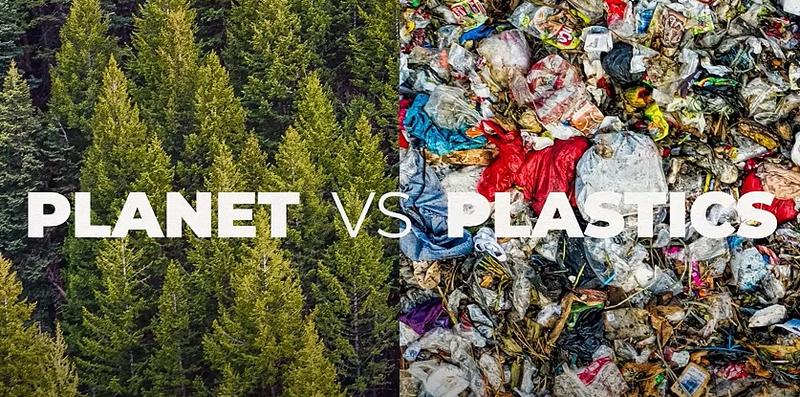“Planet vs Plastics” is the theme for the Earth Day on 22 April
22 Apr, 2024 | 08:24
Each year the EARTHDAY.ORG platform coordinates events around the world to demonstrate global support for the environmental movement. More than 1 billion people in 192 countries participate in Earth Day activities, making it the largest initiative in the world.
The MOEW, through its regional structures, is involved in marking Earth Day with a variety of activities and initiatives across the country in support of the global environmental movement.
The theme of this year's campaign is Planet vs. Plastics. People around the world are called upon to make a collective commitment by governments, institutions, businesses and citizens to tackle the plastic crisis by reducing plastic production by 60% by 2040 and building a plastic-free future because recycling alone is no longer enough.
To achieve the 60% reduction target, it is necessary to:
- Raise public awareness of the damage caused by plastics to human and animal health and all biodiversity. You can read the EARTHDAY.ORG report "Babies vs Plastics" to learn more about how plastics, microplastics and their additives can harm children.
- Phase out all single-use plastic products by 2030, with this commitment to be enshrined in the UN Global Compact on Plastic Pollution in 2024. More than 500 billion plastic bags, or one million bags per minute, were produced globally last year. Many have a lifespan of just a few minutes, followed by a life as waste lasting centuries. Even after plastic breaks down, it remains in the environment in the form of microplastics - tiny particles that permeate every niche of life on the planet.
- Advocating for policies to combat the environmental impact of fast fashion, which relies on the use of synthetic materials made from plastics, such as polyester and nylon. Today, the fast fashion industry produces over 100 billion garments a year. People buy 60% more clothes than they did 15 years ago. Approximately 85% of clothing ends up in landfills or incinerators, and only 1% is recycled. Nearly 70% of clothes are made from crude oil, which releases dangerous microfibers when washed and continues to contribute to long-term contamination in landfills.
- Invest in innovative technologies aimed at finding sustainable alternatives to plastics, as plastics are made from petroleum and toxic chemicals.
Everyone can be part of the solution to create a future whereby the planet thrives without the burden of plastics.
A programme of events and initiatives to celebrate Earth Day, organised by the regional offices of the Ministry of Environment and Water throughout the country, can be found HERE.
For more information on the Earth Day theme "Planet vs Plastics" see HERE.
